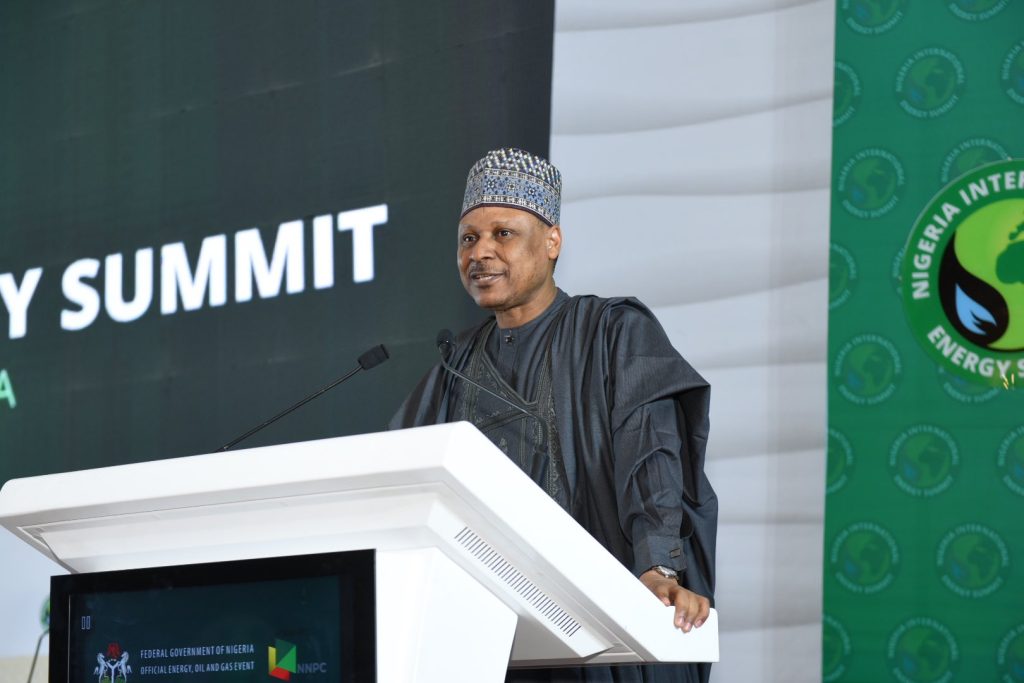In a recent development that marks a significant shift in Nigeria’s energy sector, the Federal Government has announced a 50% reduction in petrol importation. This substantial decrease comes as a direct result of the removal of fuel subsidies, a move that has been both controversial and transformative for the nation’s economy.

The Minister of Information and National Orientation, Mohammed Idris, revealed the figures during a press briefing, highlighting the impact of President Bola Tinubu’s policy reforms. Since the subsidy withdrawal last May, fuel prices have soared from N196 to around N650, sparking widespread debate among citizens and economists alike.
Despite the price hike, the government maintains that the decision has had positive repercussions, pointing to a surge in Nigeria’s gross domestic product (GDP), which grew by 3.46% in the fourth quarter of 2023. This growth is a notable increase from the 2.54% recorded in the previous quarter. Additionally, capital importation saw a remarkable 66% increase during the same period, reversing a 36% decline observed in the third quarter.

The Nigerian Stock Exchange All Share Index also reached a historic high, crossing the 100,000 mark, largely attributed to the confidence investors have placed in the Nigerian economy following these reforms.
Furthermore, the government is actively addressing unemployment with the introduction of a Social Security Unemployment Programme for graduates and a Social Consumer Credit Scheme to enhance purchasing power during this period of economic adjustment.

As the nation navigates these changes, the reduction in petrol importation stands as a testament to the government’s commitment to reshaping Nigeria’s economic landscape. The move is seen as a step towards self-reliance and sustainability in the energy sector, with the government also reporting an increase in oil production from 1.22 million barrels per day in the second quarter of 2023 to 1.55 million barrels per day in the fourth quarter.

The government assures that alongside these economic strides, efforts to combat insecurity continue to yield daily success stories, reinforcing the administration’s resolve to ensure a stable and prosperous Nigeria.
- Tags: Economy, Mohammed Idris, pMS, subsidy





